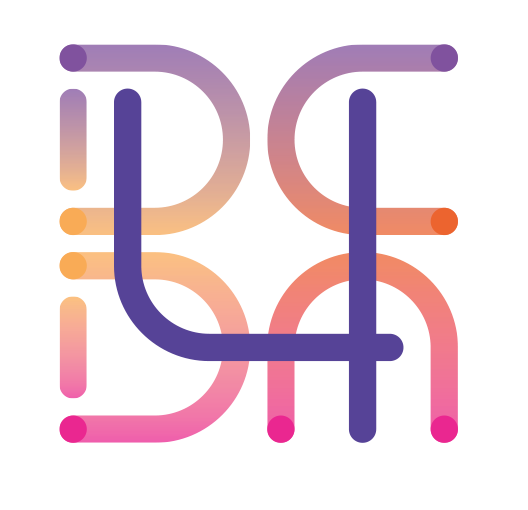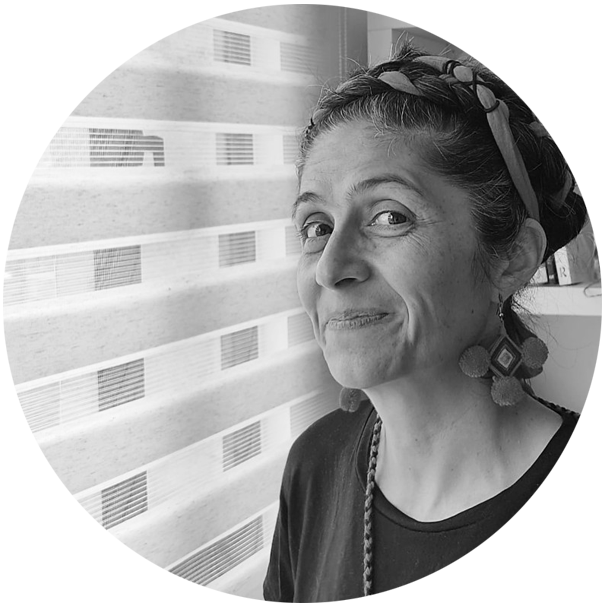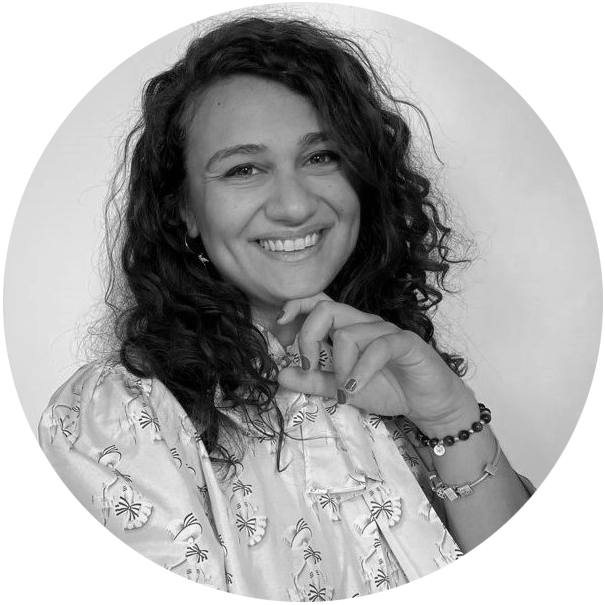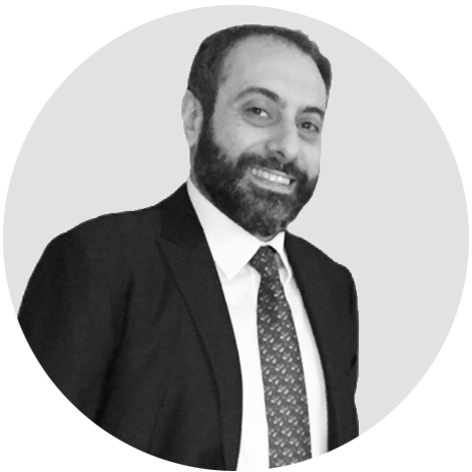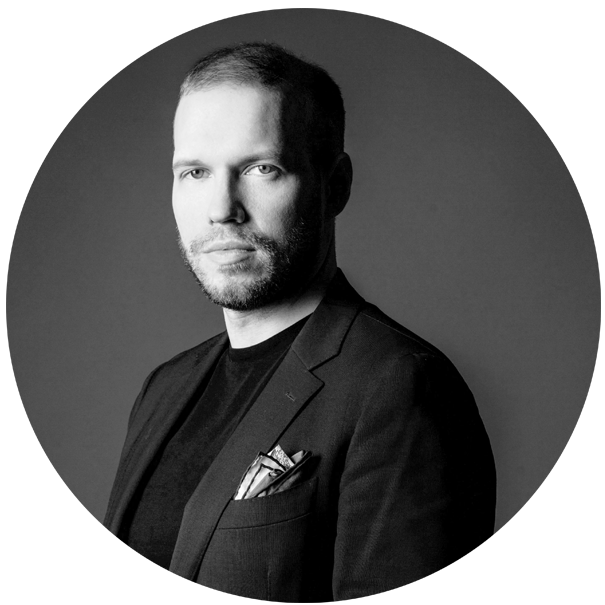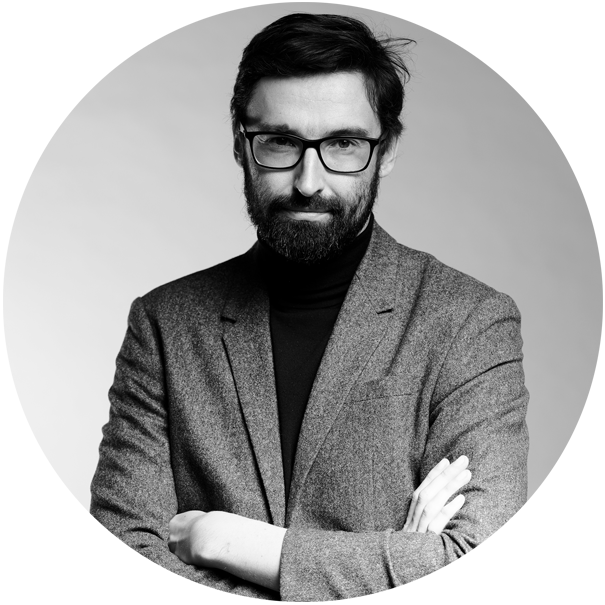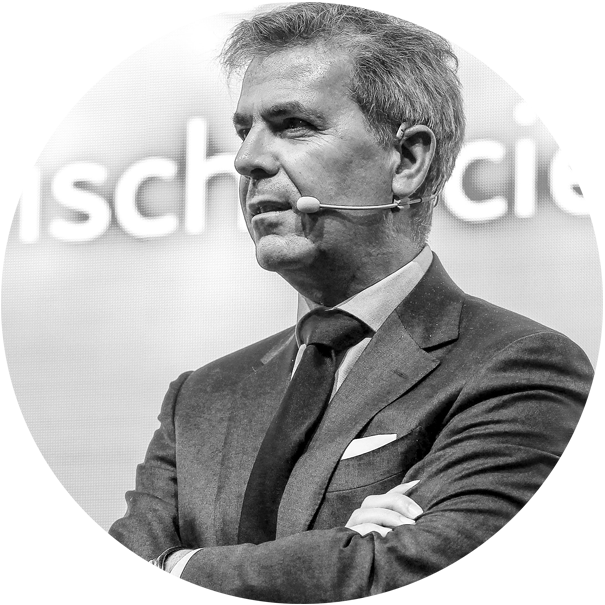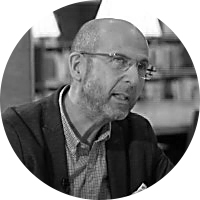Activities
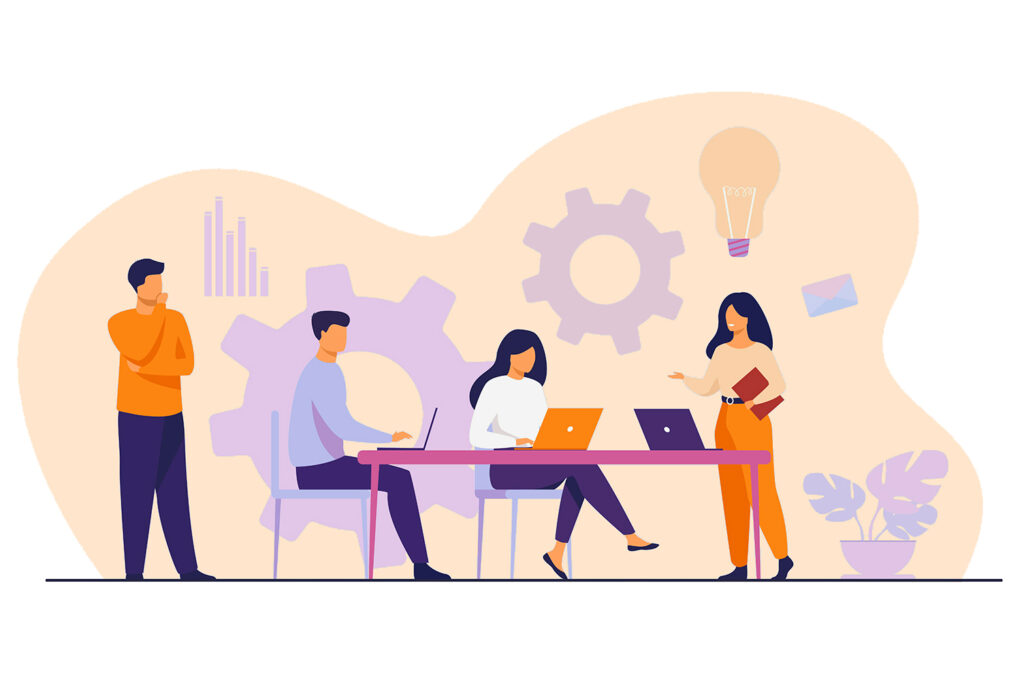
The project involved two different types of training activities.
Firstly, short-term staff training activities were conducted to educate educators about the DC4DM model, enabling them to implement the model with their students. These activities included a co-design workshop and a bootcamp.
Secondly, intensive training programs for students called Learning Labs were organized for higher education learners.
Learning Labs are 10-day design-led workshops where students from design, engineering, and management collaborate to create new technological solutions for more sustainable and ethical futures. Multidisciplinary teams, mentored by international experts from diverse backgrounds, explored the potential of digital technologies proposed by selected tech-SMEs or startups.
Three Learning Labs were organized in the partner countries: Funchal, Portugal; Milan, Italy; and Saint-Etienne, France.
Co-design workshop
The aim of the co-design workshop was to train educators on the potentialities of the DC4DM model and, at the same time to validate the model by collecting feedback from their professional point of view. Also, the workshop represented a great moment to start sharing and collecting the educational resources – tools, courses, format – each participant adopts in his professional practice, which could be used to implement the model toolbox.
Participants: educators from the 5 partners institution
Date:
- Part 1 – 3rd December 2020: the activities have been dedicated to introducing and training participants the Digital Creativity for Digital Maturity model (v1) and collectively sharing the educational resources.
- Part 2 – 21st January 2021: the activities have been dedicated mainly to debating and discussing the DC4DM model and to collecting the multidisciplinary knowledge from the consortium to evolve it
Organized by: Politecnico di Milano (POLIMI)
Venue: Online activity
Programme: download the full programme
Check the Miro board to see the workshop flow and activity
Download the detailed report to read the workshop results
Bootcamp
The aim of the bootcamp was to train educators on all the core elements of the DC4DM model and the three areas in which the model have been conceived: pre-process, process and post-process areas. The 24 Digital Creative Abilities (DCA) have been presented through specific activities that leads to the creation of the DCA cards and the definitions of the 3 major pillars that drives the model and that are fundamental for achieving Digital Maturity: Tech-foresight, Sustainability and Ethics.
Participants: educators from the 5 partners institution and members of the Advisory board
Date:
- Part 1 – 20th July 2021: the activities have been dedicated to understanding the DCAs including in the model and start clustering them to create drivers of Digital Maturity.
- Part 2 14-16th September 2021: the activities have been dedicated to define the 6 drivers of Digital Maturiy and confirm the DCAs within each driver. Also, educational resources have been selected among the ones available within the consortium to start implementing the model of action.
Organized by: Politecnico di Milano (POLIMI)
Venue: Online activity (Part 1); Department of Design, Politecnico di Milano – Campus Bovisa – Milan (Part 2)
Programme: download the full programme
Check the Miro board to see the workshop flow, activity and results of Part 1.
Download the detailed report to read the overall bootcamp results.
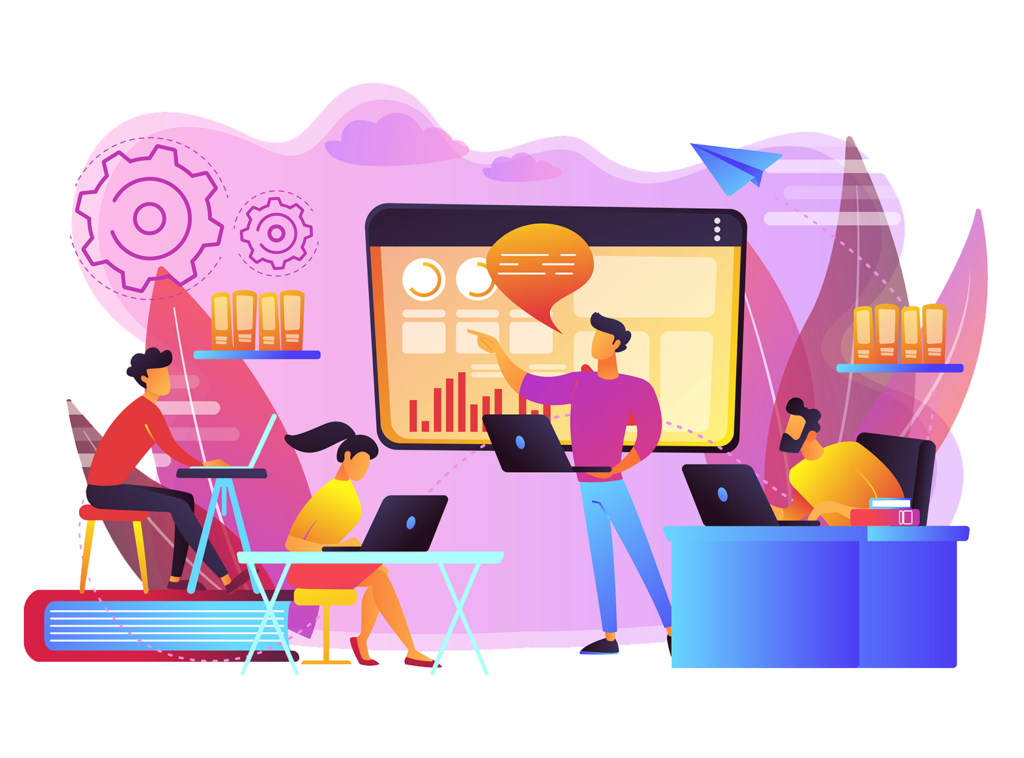
Learning Lab Funchal - Portugal
“FEEDING MADEIRA. Regenerative and distributive food system for sustainable future”.
The first DC4DM Learning Lab happened in Funchal and focused on food, intended as the whole food chain system, from production, to distribution, consumption and regulation. To design new sustainable food systems, the participants were invited to embrace the theme from different perspectives by considering the role of producers, consumers, and policy makers. They had to identify a design opportunity that would consider the application of one of the proposed digital technologies to shift to more distributive and regenerative systems for the island of Madeira.
Within the main topic, 4 macro-themes have been identified as relevant for Madeira Island and its sustainability: Agrobiodiversity; Pollinators; Waste; Forest & Water.
Download the LLab introduction to read more about the proposed topic.
Date: 5th to 15th July 2022
Participants:
- 5 local tech-driven startups: Friic, Phytoalgae, SafetyNet Technologies, Musiquence, Bio Reboot,
- 40 bachelor and master students’ degrees from the 4 HEIs partners institutions (Politecnico di Milano, Universidade de Madeira, Ecoles the Mines, Telecom Saint’Etienne). The students involved have been organized in 6 teams with mixed background – product, interaction, communication and service design, design&engineering, electrical and mechanical engineering.
- 10 educators, 2 from each partner’s institution.
Programme: download the full programme
Open call: download the open calls for students and for startups
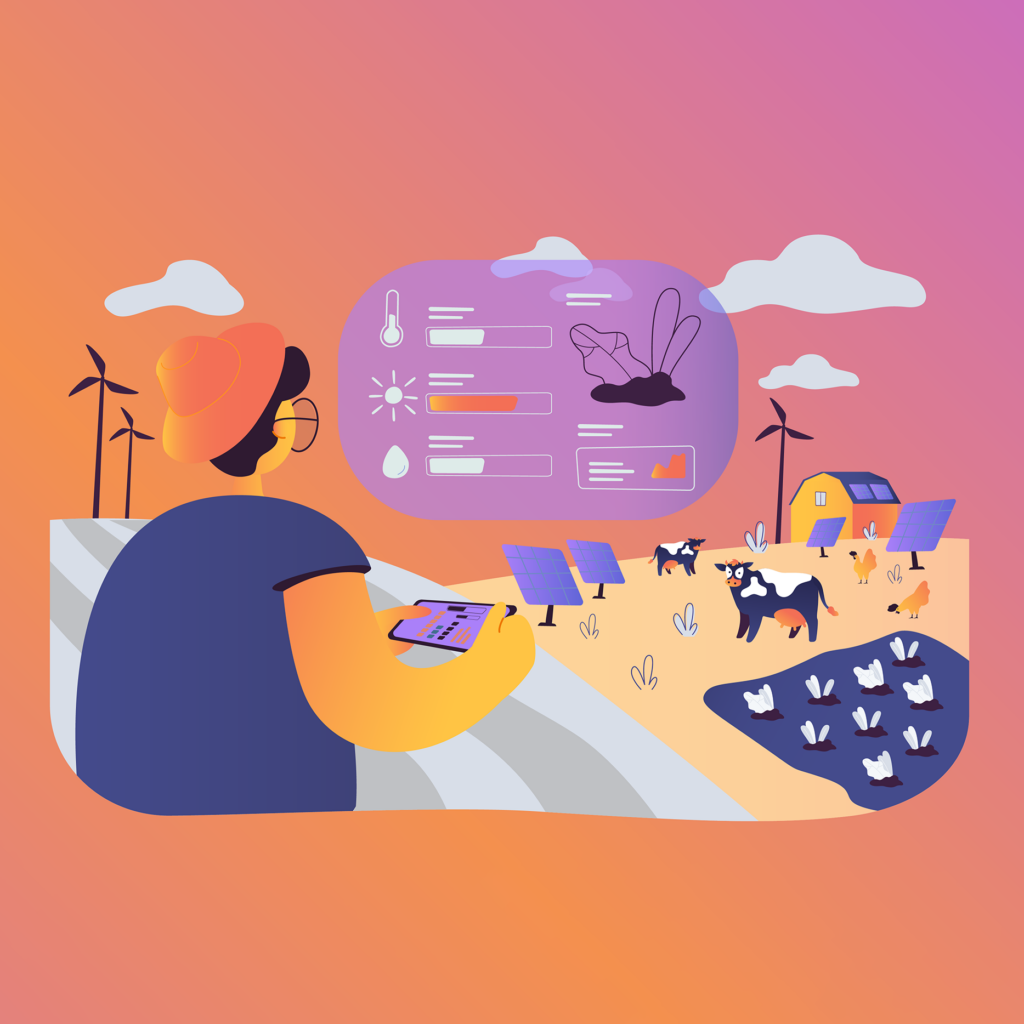
Educational material adopted: Digital Maturity Toolkit V1
Students’ results:
- Team Betapath: “Spacies” (Agro-biodiversity)
- Team Fenouil: “U-Farm” (Agro-biodiversity)
- Team Bombos: “Sensitiva” (Pollinators)
- Team Waste up: “Walues” (Waste)
- Team Bis Bis: “Bio Sensors” (Forest&Water)
- Team Nasciente: “Lauri-leaf” (Forest&Water)
Learning Lab Saint’Etienne - France
“MOBILITY. Towards a mobile future in a sustainable and intelligent environment”.
The second DC4DM Learning Lab will happen in Saint’-Etienne and focused on the creation of future vision and tech solutions that will enable people to improve the experience of mobility within cities as intelligent environment. To design new systems for mobility, the participants were invited to embrace the theme from different perspectives by considering also the sustainability challenge of our century.
Within the main topic, 3 macro-themes have been identified: Mobility and Biodiversity; Mobility and Culture; Mobility and Energy.
Download the presentations to read more about the proposed macro-themes.
Date: 25th October – 4th November 2022
Participants:
- 4 local tech-driven startups: Le Coursiers Stéphanois, League for the protection of birds (LPO), Où Sortir, Raidlay
- 40 bachelor and master students’ degrees from the 4 HEIs partners institutions (Politecnico di Milano, Universidade de Madeira, Ecoles the Mines, Telecom Saint’Etienne). The students involved have been organized in 5 teams with mixed background – product, interaction, communication and service design, design&engineering, electrical and mechanical engineering.
- 10 educators, 2 from each partner’s institution.
Programme: download the full programme
Open call: download the open calls for students and for startups

Educational material adopted: Digital Maturity Toolkit V2
Students’ results:
- Team P.T.S.D: “EVAi” (Mobility&Energy)
- Team 2: “GUSTAV” (Mobility&Culture)
- Team APEstudio: “The sixth sense” (Mobility&Biodiversity)
- Team Techy: “Techy” (Mobility&Culture)
- Team Spark: “Hexa-Home” (Mobility&Energy)
Learning Lab Milan - Italy
“FUTURING CARE. Rethinking well-being by envisioning digital solutions seamlessly integrated into daily life”
The third DC4DM Learning Lab happened in Milan and focused on the creation of future vision and tech solutions that will reshape the concept of care in 2023. In this LLab the concept of care have been considered from a convergent perspective as a combination of human and environmental health and their interaction and interconnectedness. Indeed, the planet’s health is crucial for individuals’ physical, mental and emotional health. Artificial Intelligence, Machine Learning, Virtual Reality, Wearable sensors and Internet of Things are emerging technologies with outstanding potentialities for care and well-being. Therefore, new digital care scenarios and solutions can be envisioned towards the creation of a more equitable and sustainable well-being ecosystem for future generations.
Within the main topic, 3 macro-themes have been identified: Food as medicine; Mental and emotional care; Everywhere’s care
Download the description of the proposed macro-themes.
Date: 30th January – 9th February 2023
Participants:
- 5 mentors: ForwardTo (Future Thinking) Foodtech Acceleration Platform (Food as medicine); MIDA SpA and Unicef (Mental and emotional care); Medtronic (Everywhere’s care).
- 6 tech-driven startups: Yape, H-Cube, Acus, Weart, Additive Italia, AnotheReality
- 40 bachelor and master students’ degrees from the 4 HEIs partners institutions (Politecnico di Milano, Universidade de Madeira, Ecoles the Mines, Telecom Saint’Etienne). The students involved have been organized in 5 teams with mixed background – product, interaction, communication and service design, design&engineering, electrical and mechanical engineering.
- 10 educators, 2 from each partner’s institution.
Programme: download the full programme
Open call: download the poster and the open calls for students, and for startups

Educational material adopted: Digital Maturity Toolkit V3
Partipant where involved in a introductory activity a week before the beginning of the LLab. The purpose of this activity was to encourage them to delve into the macro-theme, initiate research on its main trends, and gain an understanding of what constitutes a trend.
Here the instructions of the activity:
Students’ results:
- Team HEZAA+: “ILeafU” (Mental and emotional care)
- Team MEC: “CreatED” (Mental and emotional care)
- Team Coffe break: “Hibiscus” (Food as medicine)
- Team 4 : “CAM” (Food as medicine)
- Team 5: “Aura” (Mental and emotional care)
- Team 6: “Wearable Nails” (Mental and emotional care)
- Team 7: “MediBox” (Everywhere’s care)
- Team Infinity: “Always here” (Everywhere’s care)
